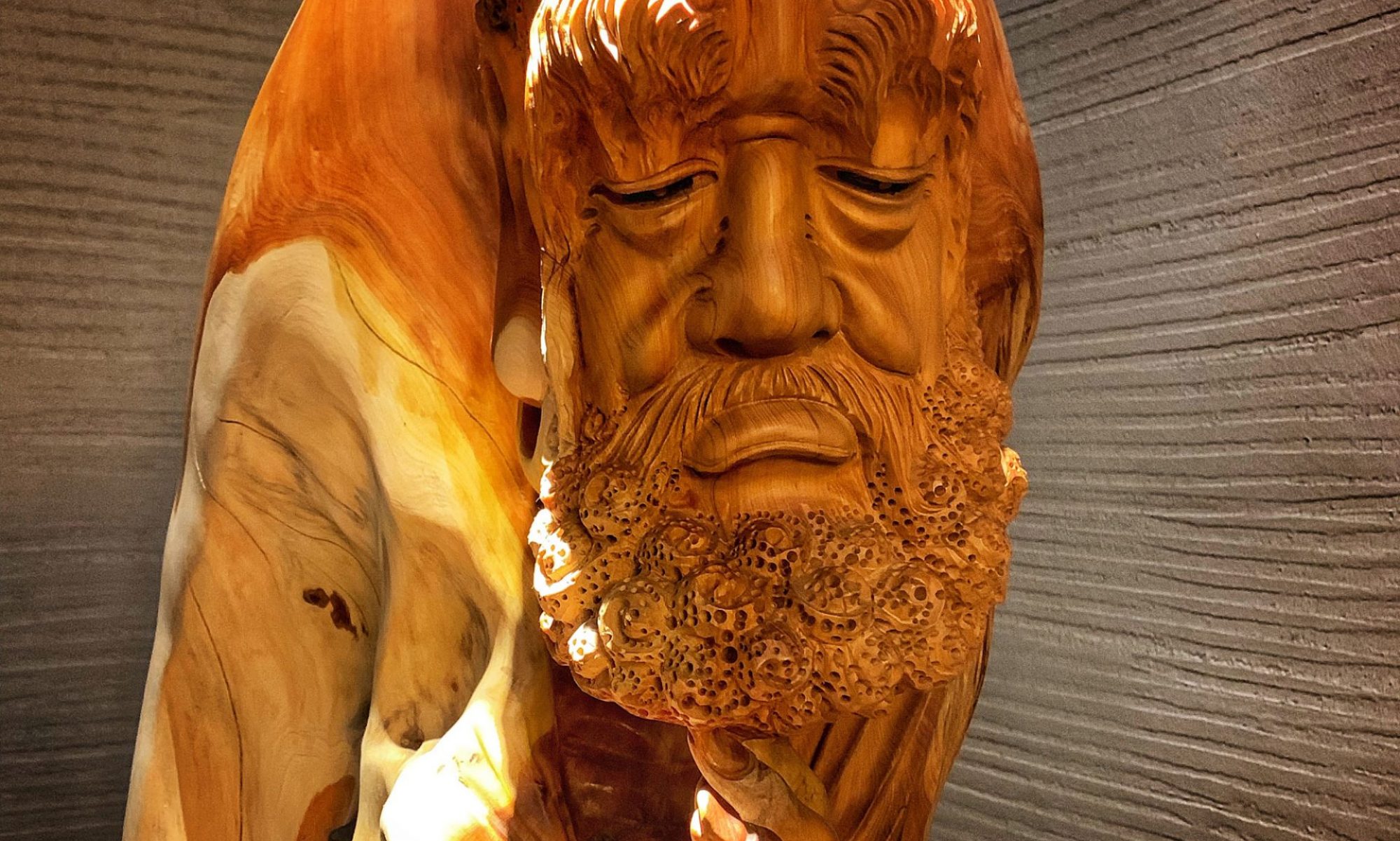You may observed that I have been, of late, quoting the Buddha and Yeshua in my blog, and if you find it offensive, I invite you to recognize that all resistances arise from non-understanding. Where there is understanding, resistance fades away. My teacher frequently reminds me to observe experiences through the perspective of understanding the causal relationships of phenomenon and doing so, allows me to move from being personal to nature – seeing experiences as a natural unfolding of nature rather than “I”.
The title is riddled with deep meaning, taken from the Gospel of Thomas. Coincidentally the Gospel starts with the statement made by Yeshua: Whoever discovers the interpretation of these sayings will not touch death.
We both knew that the dead are not alive and isn’t it something so obvious that needs no interpretation? That’s the beauty of riddle – behind the form lies the essence. Form and essence are always in contradiction, like for instance, words. Words are merely words if we do not understand the meaning behind those words. So the statement in the title is merely another statement if we do not probe deeper what Yeshua is trying to convey.
Remember the analogy of Darkness and Light in my previous blog? The former is, the latter exist. Anything that exist has to die, for if there is no birth where is death? So all existences are transient by nature, and if they are transient, it is with certainty that there is no absoluteness in it accept its conditioning.
That reminds me of a statement found in the beginning of A Course in Miracle:
Nothing real can be threatened.
Nothing unreal exists.
Herein lies the peace of GOD.
Anything that can be threatened cannot be real brings me to understand that anything that changes has no substantiality, no realness in it. How can I say I exist when existence itself is beyond my control? How can “I” – what I thought is permanent existing on a body that is entirely breaking apart each moment and to be arise again the next moment? And what about the mind? How can I say the mind is me when I would not even know when and what it is going to happen in the next moment? I can only know how it works by observing the causal relationship of the conditionings but I can’t change or fix it. I can only pop in a new cause or a few causes and allow the effect(s) to take its natural course.
So if the body and mind is devoid of “I” how can it be called “alive”?
When I identified with my body and mind I am never, never alive, though I may seems to live and die in the end.
When I finally go beyond the body and mind, beyond the conditioning of all things, in that “space” there is no death. That is when the “living” will not die.
To quote a sentence from the Dhammapada:
Heedfulness is the path to the deathless. Heedlessness is the path to death.
The heedful do not die. The heedless are as if dead already.
Beyond the illusion of Ego lies deathlessness….
